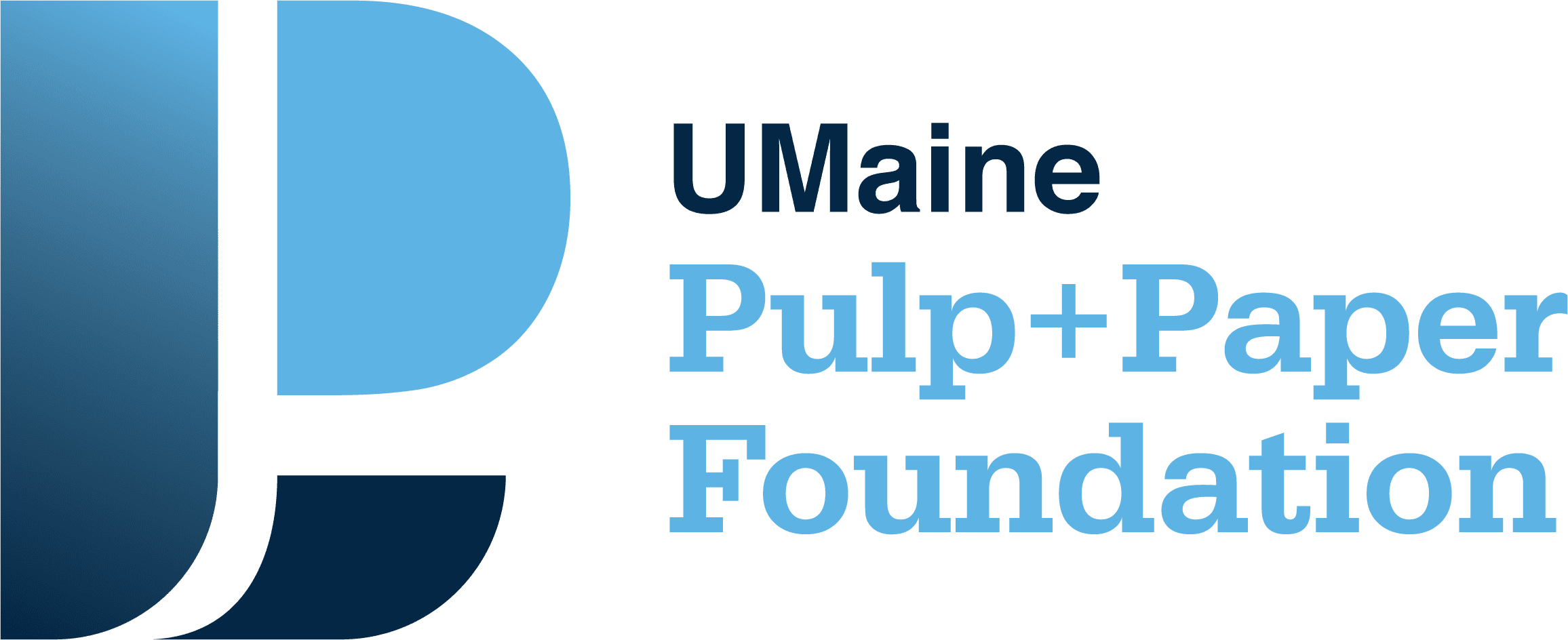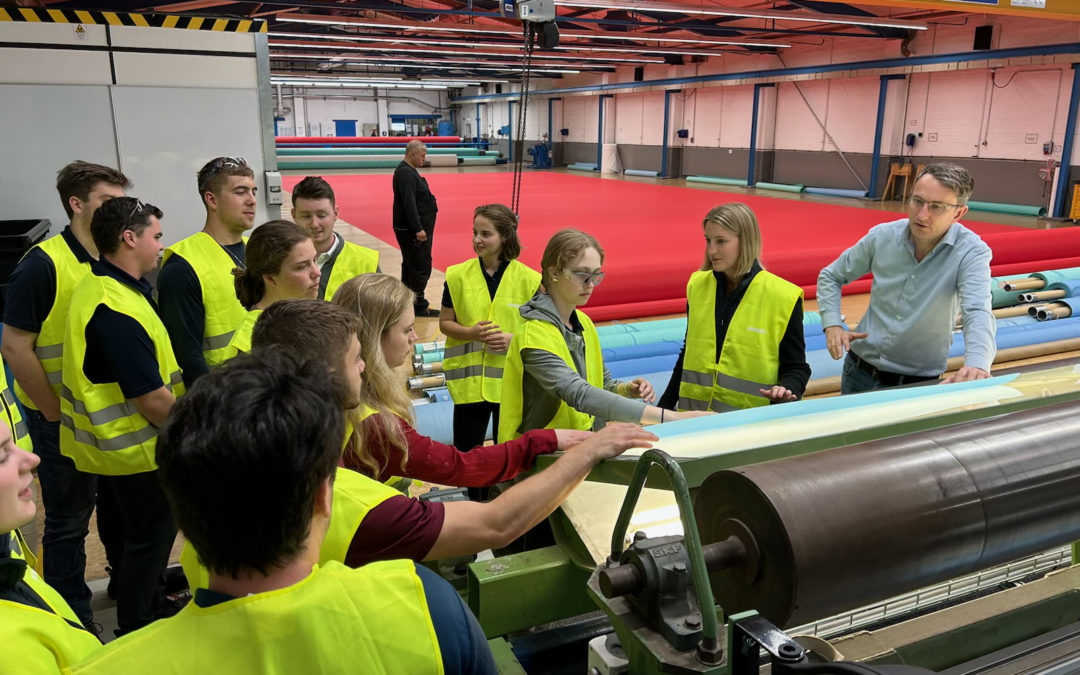When choosing your degree and future career path, you want to be sure: sure that the subject matter excites you, sure that it will connect you with like-minded peers, and sure that there will be plenty of job opportunities after graduation.
That’s why we put so much care into helping students—both in high school and in college—discover what a career in the pulp and paper industry could look like. After all, an informed decision is the best type of decision.
Here’s a list of ways the University of Maine Pulp + Paper Foundation helps students discover if the pulp and paper industry is right for them.
1. Consider Engineering
This four-day, overnight, summer program has earned its spot at the top of our list. It’s designed to give high school juniors a taste of college life and what it takes to be an engineer. The days consist of group lab experiments, facility tours, fun challenges, and so much more. If you ask any alum from the program, they will likely tell you that it made the biggest impact on their decision to join the Foundation.
Applications for Consider Engineering 2024 are open as of January 15, 2024. Learn more or apply here.
2. Career Exploration Seminars
For curious minds, there’s nothing better than seeing the manufacturing facilities in action. Each year, UMPPF President Carrie Enos invites local high schoolers and their teachers to attend mill tours. The goal is to give students, particularly those interested in STEM, a meaningful introduction to the industry. In 2023, Carrie coordinated visits as close as Sappi in Skowhegan, ME, and as far as Sylvamo in Ticonderoga, NY.
If you’re a teacher interested in learning more about Fall Career Exploration Seminars, please get in touch.
3. Talk With Us
Now you’ve arrived at one of the most underrated ways to learn about careers in the pulp and paper industry. Don’t overlook it! Here at UMPPF, we have a bird’s eye view of the industry and all the careers within it. Not only are we engineers ourselves, but we regularly interact with employers, academics, students, and key players. We’ve seen a lot, so there’s a good chance we know the answer to most any question—and if we don’t know, it’s guaranteed we know someone who does!
Discovery and career exploration doesn’t have to end in high school. In fact, it shouldn’t. Our program offers opportunities throughout your undergraduate journey to drill down and figure out your ideal career path.
4. Internships & Co-ops
Nothing beats hands-on experience. And that’s just what internships and co-ops offer. For several months, you’re solving real-world problems, collaborating with experienced engineers, and working with really cool technology. Plus, it provides a glimpse at different roles without the commitment.
To get the most out of your co-op experience, we highly encourage students to work with the same company for two semesters, often during their sophomore and junior year. This way, you’ve had time to learn your way around and get to dig into the meaningful project work. That’s when you can really see if it’s a career for you.
Want to get a head start on your career exploration, or exposure to other companies? Students can also complete a first year internship. This is a great way to determine if you would like to return to the company for future co-ops or try something a little different. All information is helpful when trying to narrow in on your ideal career path.
5. Networking and Seminars
One of the best ways to learn about the industry is from those already in it. UMPPF students are given the chance to connect with industry professionals through information seminars, resume workshops, practice interviews, Paper Days, and much more. Each of these occasions feature professionals sharing their experiences, insights, latest advancements, and challenges within the pulp and paper sector—all helpful pieces of the puzzle.
Come Explore With Us
A career in the pulp and paper industry promises innovation, sustainability, and plenty of problem-solving. If you think the industry may be for you, we encourage you to explore every avenue. Try things. Do things. Talk to professionals in the field. Or, of course, you can always talk with us.


Recent Comments